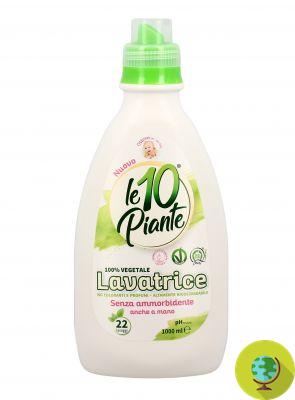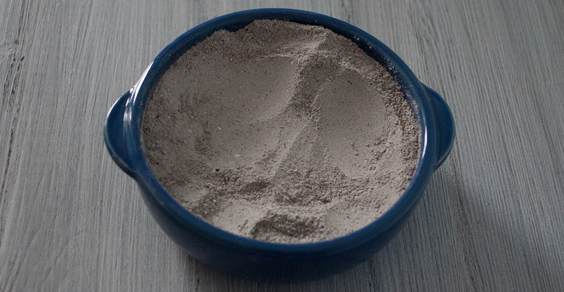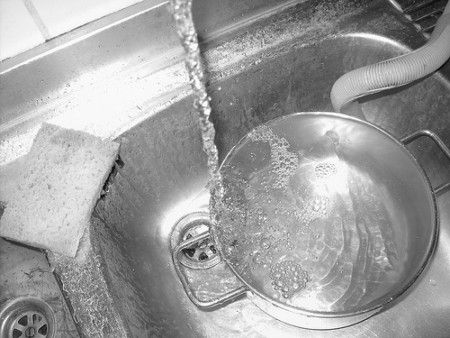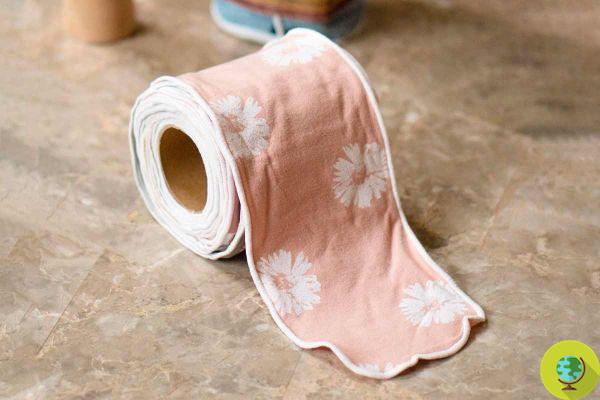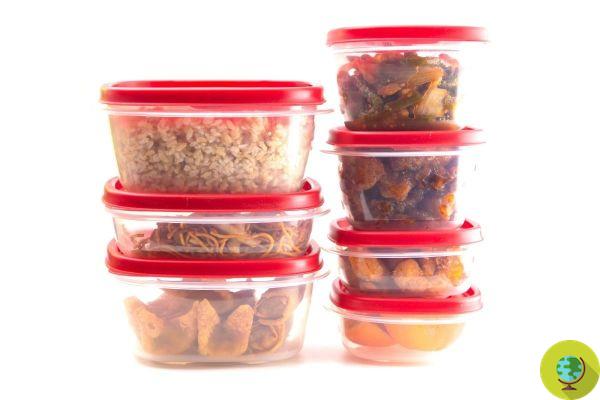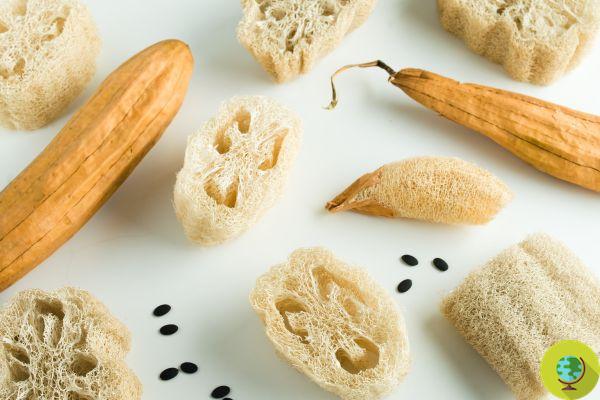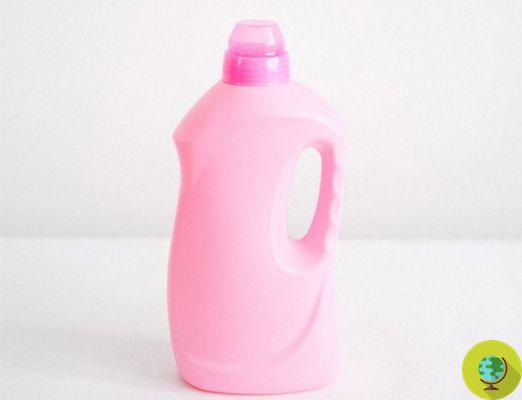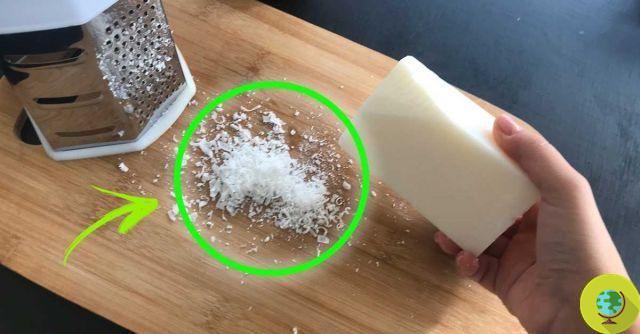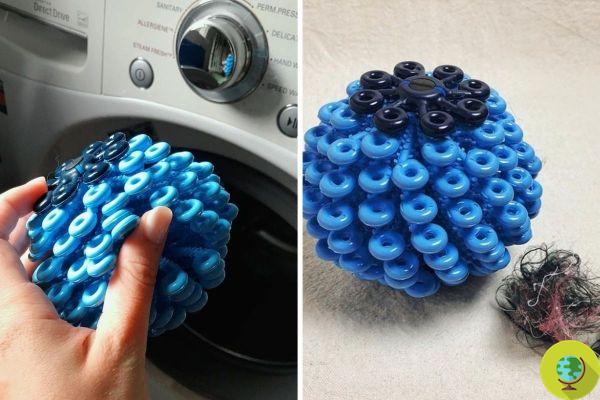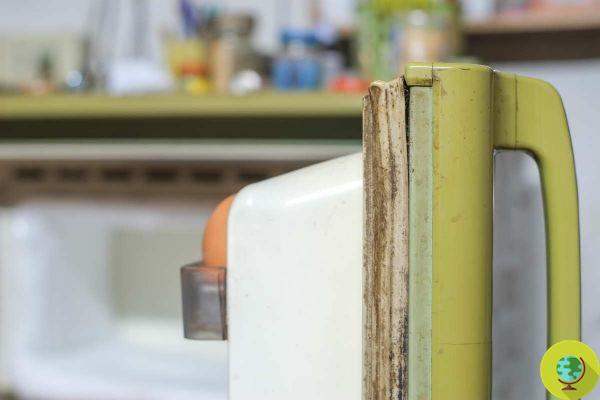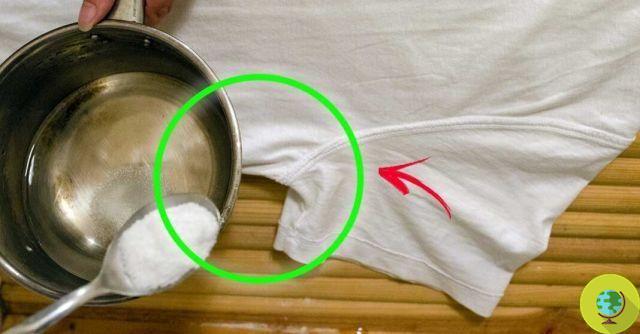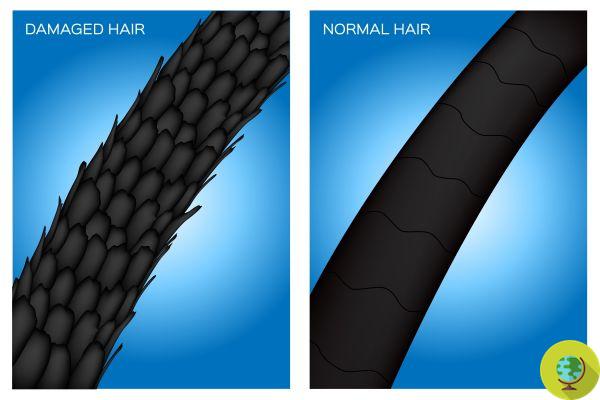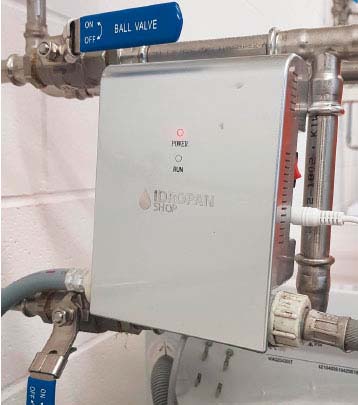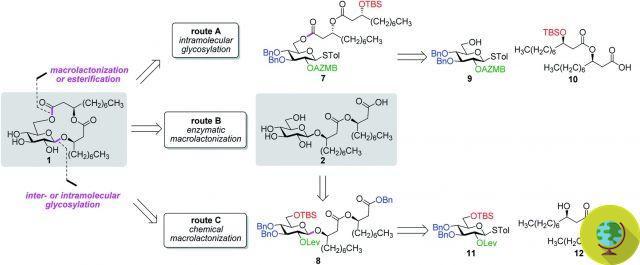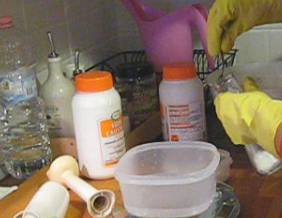Is it more ecological to use the dishwasher or wash the dishes by hand? Certainly if you use the first, avoid doing the pre-wash by hand
Are you used to washing dishes by hand before putting them in the dishwasher? Unfortunately, this is a great waste of water and energy, since, if we want to use the dishwasher, we would have to make sure that the appliance does the entire task of cleaning the dishes.
Doesn't washing the dishes by hand before putting them in the dishwasher seem counterintuitive? Many people when rinsing dishes by hand use cold or lukewarm water (wasting a lot of it), at low temperatures that do not allow the elimination of bacteria.
Those who use the detergent in this phase would do well to complete the hand washing of the dishes directly and those who do not use it but only rinse them would be just wasting water. According to Consumer Reports, washing dishes by hand before loading them in the dishwasher is harmful to the environment because it is a waste of water resources.
Also, on the part of whoever does it, it comes to a double useless job. If you think you won't be able to get a thorough dishwasher clean for some kitchen tools - such as heavily soiled pans - rather let them soak for a while so you can easily complete the hand wash. Also because the pre-rinse is no longer necessary with modern dishwashers now all equipped with sensors that regulate the washing cycle based on how dirty the dishes are.
Index
Is it more ecological to wash by hand or use the dishwasher?
The debate on which type of washing is cheaper and more ecological for dishes has long been open, with the classic lines of those who prefer to wash dishes by hand and those who would never want to do without the dishwasher. For some they are seen as a luxury item, unnecessary or an environmental no-no. But is it really more ecological to use the dishwasher than to wash by hand?
Much depends on the quantity of dishes to be washed, on the type of detergent used, on whether the dishwasher has 'eco' and at the same time effective programs and on the intelligence with which you proceed to wash the dishes by hand. (Read also: 5 Do-it-yourself detergents for the dishwasher)
In terms of water, dishwashers are now much more efficient and, when used to wash a cycle of 12 place settings at full load, use three to four times less water than hand washing the same amount. A 2007 study by the University of Bonn in Germany found that dishwashers use at least 80% less water than hand washing. Results also confirmed in a US study in which it was calculated that 170,5 liters of water would be needed to wash the same amount of dishes by hand at full load.
In terms of energy consumption, seeRaising the discussion on the energy efficiency of dishwashers is not that easy, as most of our homes use gas to heat water, which is more efficient and produces less CO 2. However, if you have solar panels photovoltaic and you use the dishwasher during the day, it is a more ecological option. The same American study above shows that dishwashers use a little more energy to clean your dishes than when you wash them by hand. The study, however, dates back to 2013 and appliances have in the meantime become much more efficient.
Then there is the issue of hygiene: even the most diligent sponge or pot washing detergent by hand cannot compete with the dishwasher program at 60-65 ° C in repelling bacteria.
Although the debate on which method is more environmentally friendly is still open, one thing is certain: both the water and the energy saved by using the dishwasher would be completely nullified and if pre-washed by hand were carried out.
Wash the dishes by hand

To waste less water when washing the dishes by hand, the advice is to leave them all to soak in hot water and detergent - if not in the sink, even separately in a basin - to wipe them with a sponge and run the water in the sink only when it's time to rinse them. In any case, they should never be rinsed under running water.
Wash the dishes in the dishwasher
For those who use the dishwasher, the suggestion is to choose an ecological washing cycle or in any case a cycle that is effective in which the dishes are thoroughly cleaned without the need to wash or rinse them by hand previously. If you use paper towels at the table, you can recycle them to quickly remove residues from dishes and pots before loading the dishwasher. The most consistent food residues should be thrown into the organic bin.
Load the dishwasher correctly
The way we load our dishwasher also affects the final result and doing it right helps your dishes look clean every time. Cups, glasses and small bowls, for example, should be placed in the upper basket avoiding to load it too much: overcrowding increases the risk of breakage and could obstruct the flow of water and detergent. Dishwasher safe plastic should also be placed in the upper rack, away from any heating elements that could cause warping.
Large plates, pots and bowls go into the lower basket. Trays, dishwasher safe cutting boards, and other large pieces should be placed on the sides and back so they don't block splashing water. Place items such as pots and pans where we cooked the food, face down and towards the lower spray arm.
As for the cutlery, forks and spoons must be placed in the special basket with the handles facing downwards. The handles of the knives, on the other hand, must be placed at the top, in order to be able to lift them without having to grab the sharp blade.
Finally, pay attention to all those objects that it would be better not to wash in the dishwasher because they could get damaged: aluminum and stainless steel, usually, can be washed in the dishwasher, but brass, bronze, wood and porcelain with gold leaf, should be hand washed to avoid discoloration or damage. (Read also: 10 Items that shouldn't be washed in the dishwasher)
How to use the dishwasher in an ecological way
In summary, the ecological tips for using the dishwasher in the most efficient way:
- Run the dishwasher only when fully loaded;
- Remove any food residue before putting the dishes in, but don't be tempted to rinse them under running water.
- Choose an eco setting or a lower temperature if available.
- If you have solar panels, use the dishwasher during the day.
- When it comes to buying a new dishwasher, look for the most energy efficient model available, check the energy class and CO 2 emissions, but also consider the longevity of an appliance: buying a cheap model may seem like the best option, but if the parts break or need to be replaced within 5 years, it no longer becomes.
Still convinced to wash the dishes by hand before putting them in the dishwasher?
About the dishwasher you might also be interested in:
- How to clean the dishwasher: tips and tricks to eliminate bad smells
- Why do glasses become opaque in the dishwasher? Tricks to make them shine again
- How and when to clean bottles (and why just rinsing them is not needed)





